
Join our exciting blog where we explore the world of sports card and table games! Here you'll find fascinating articles, analyses and tournament reviews to help you delve deeper into this dynamic and competitive field. Whether it's strategic board games or fast-paced card battles, we cover all the most interesting events and trends. Join our community of enthusiasts and discover exciting new facets of the gaming world!
Read moreHave you ever wondered how board and card games can ignite a real sporting spirit in us? These wonderful pastimes not only teach us important strategic skills, but also provide us with an incredible sense of excitement and competitive spirit. Whether it's an intense game of chess where every move counts or an exciting game of poker that requires brilliant tactical decisions, every moment is filled with energy and requires instant reaction - qualities that are so valued in the world of sport! Join us on this exciting and fun journey where the game and sport intertwine, inspiring us to achieve new things, building team spirit and opening new horizons to reach our goals. This is an experience not to be missed!
Find out the details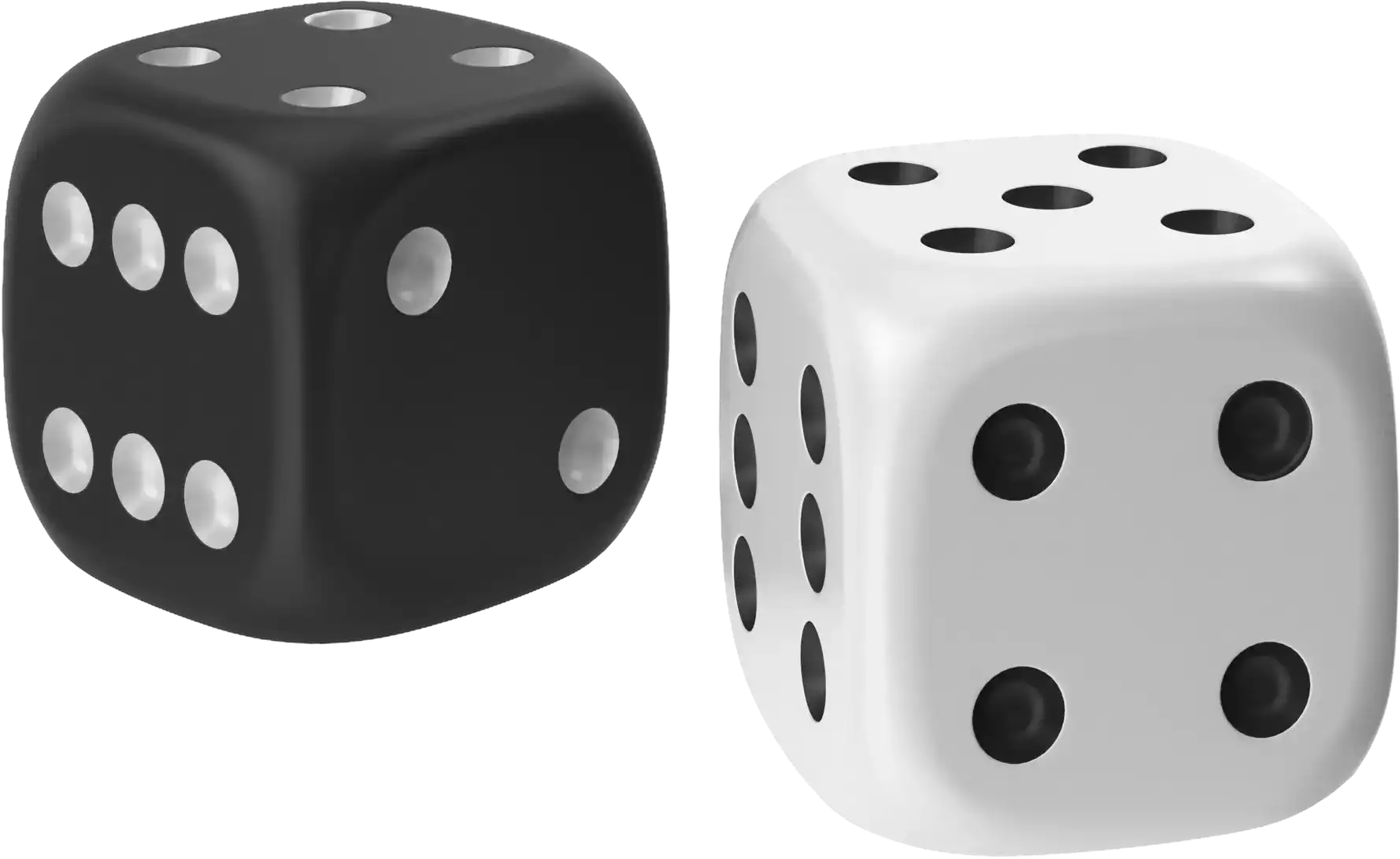
The World Series of Poker (WSOP) 2025, according to the review, promises to be one of the most extensive and eventful poker events in history. Each year, the tournament attracts more participants, and the organizers enhance the variety of formats and prize pools. WSOP 2025 is no exception, offering unique opportunities for both professionals and …
The Grand Chess Tour 2025 is coming in a new format: less drawish silence, more sharpness and attacks. Organizers have removed sterility, added star newcomers, and pumped the championship with money to the level of pure adrenaline. The opening of the chess season will take place in Bucharest — the chess capital of Romania, where …
Since 2009, strict restrictions on gambling have been in place in the country. According to Federal Law No. 244-FZ of December 29, 2006, gambling can only be conducted in specially designated regions. The main gambling zones in Russia were created to legalize gambling, ensure player safety, and stimulate regional tourism. Legislative framework and geography of …

The poker calendar for 2025 promises to be a busy season. The tournament series returns to the arenas after the winter break with an updated schedule, improved guarantees and new formats. The nearest poker tournaments in Russia will take place in Sochi, Altai and other major regions with recognised venues. Sochi, Russia’s event centre: upcoming …

Understanding how chess pieces move forms the basis for tactical thinking and strategic depth. Each move is not only a movement on the board, but also a transfer of responsibility, attack, defence and potential advantage. Unlike most board games, chess depends on a combination of logic and intuition. If you know the movement mechanisms of …

What we see here is an exact science disguised as a game. Every move opens up new possibilities, every choice determines the outcome of the game. Learning how to win at chess requires more than just learning the rules: it is important to think more deeply, act more precisely and see further. Experienced players do …

The card game Hearthstone has held players’ attention since its launch and remains one of the most popular KKIs. Its simple mastery, tactical depth and variety of classes and cards provide a balance that appeals to both newcomers and veterans of the genre. Despite years of competition and changes in the gaming industry, XC remains …
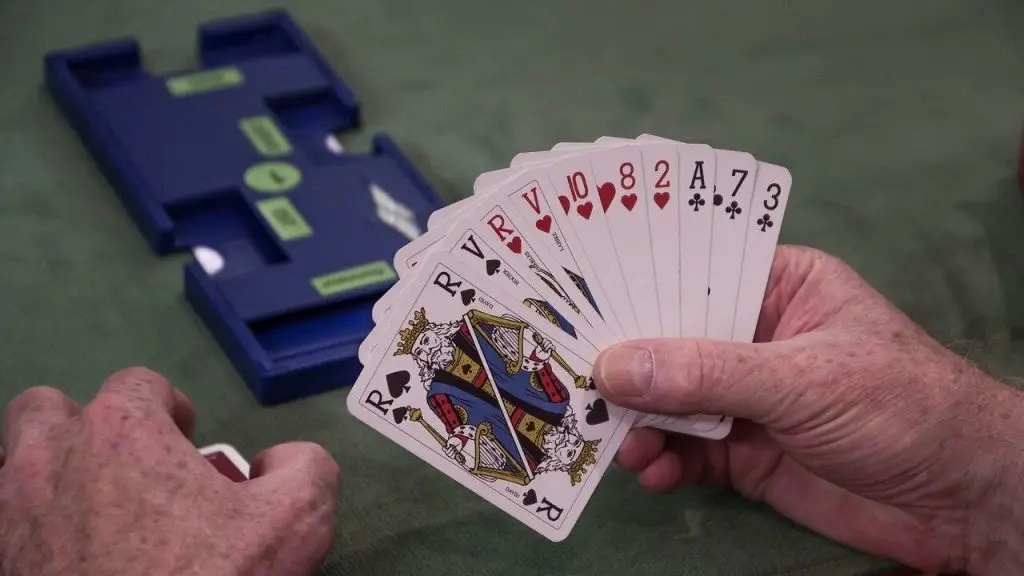
As a card game that combines strategy, intellectual challenge and sportsmanship, it has come a long way from aristocratic entertainment to an official discipline recognised by the International Olympic Committee. The history of sports bridge shows how table competition became a symbol of intellectual sport. Thanks to special rules, evolving terminology and prestigious tournaments, the …
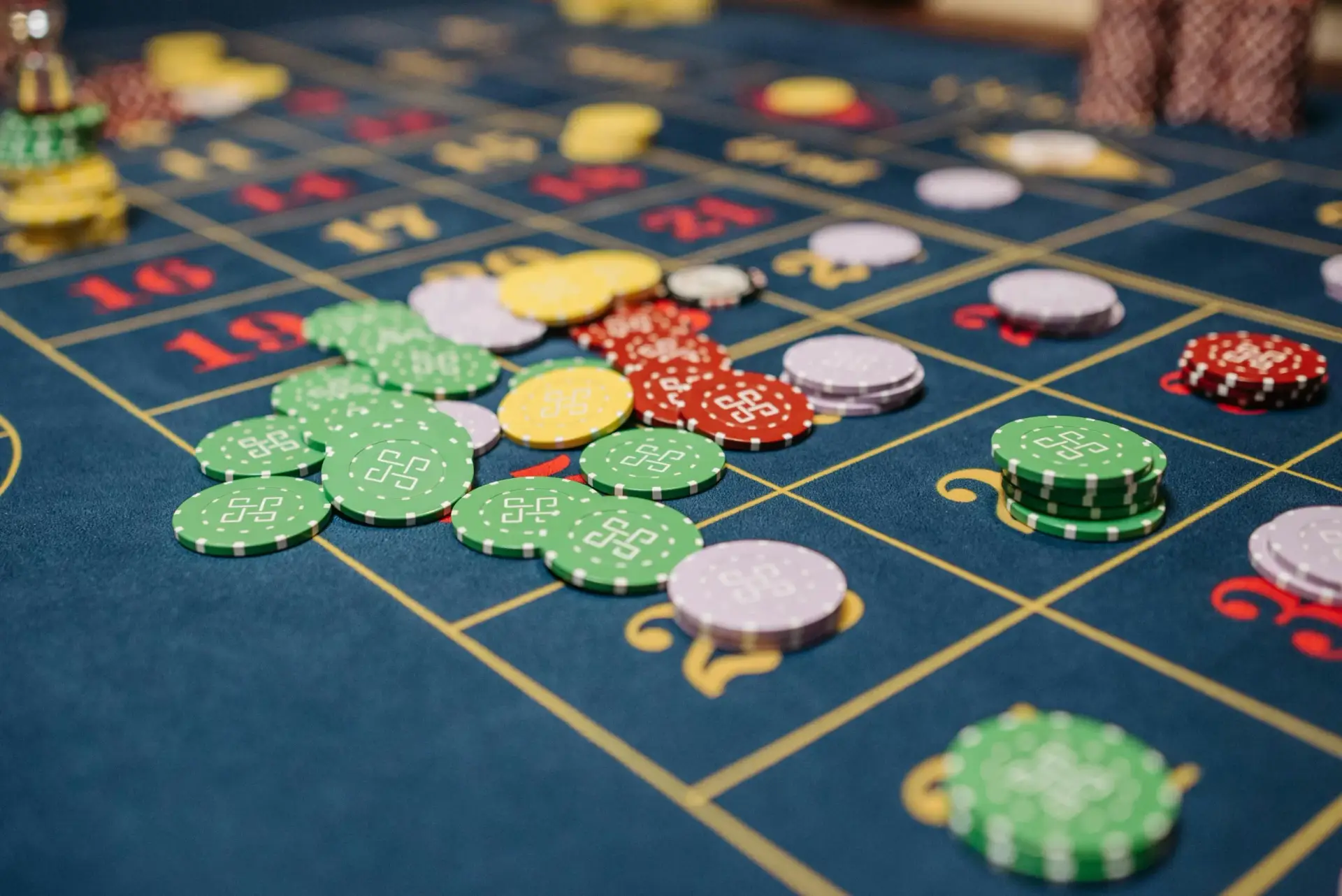
Poker has always been more than just a card game. For millions of people around the world, it is not only a recreational game, but also a true intellectual sport that requires skill, analysis and self-control. But when and in which countries was poker recognised as a sport? The answer to this question is not …
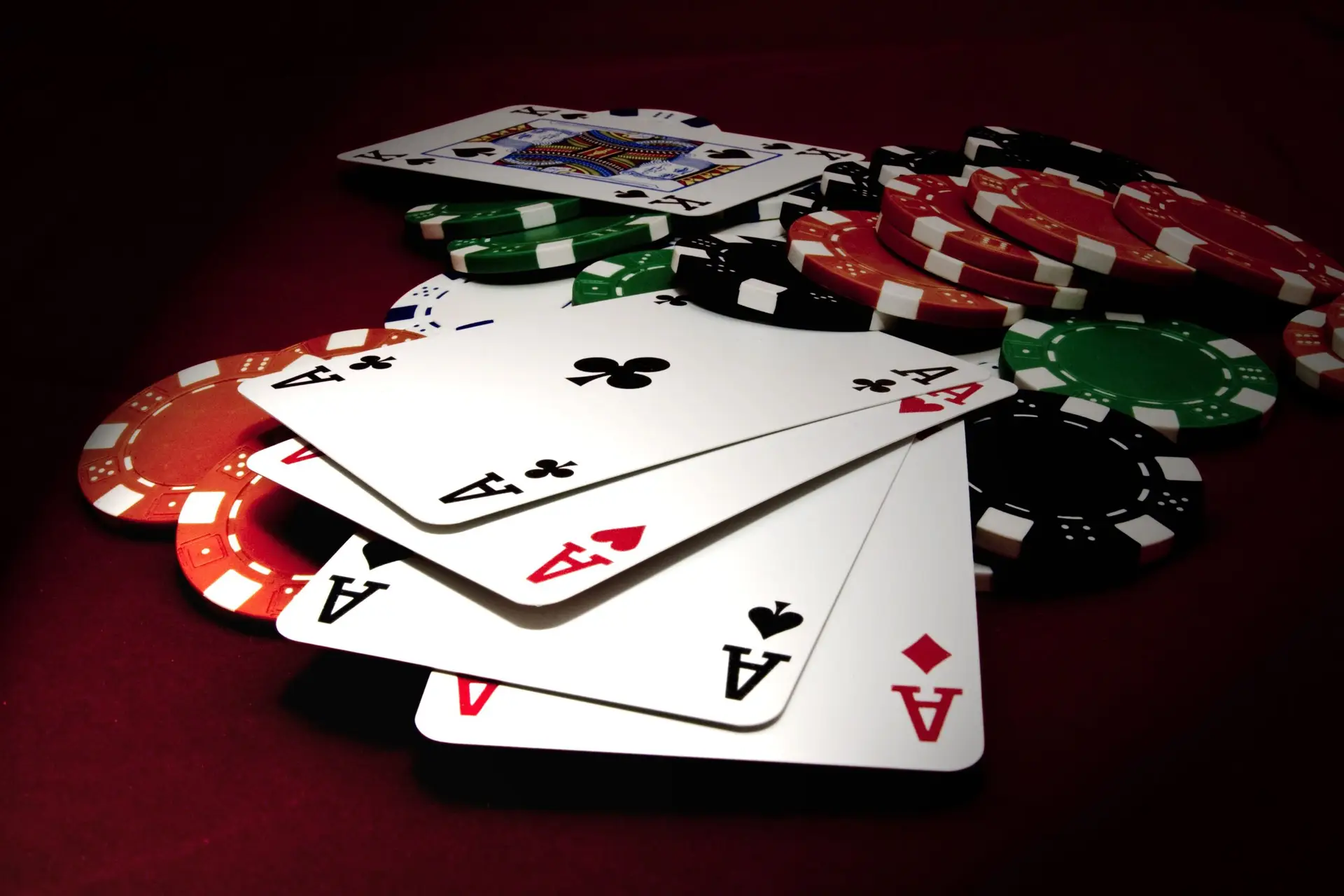
When it comes to sports poker, many people imagine something similar to an old movie, where the characters hide their emotions under dark glasses and show cold self-control. But this is a completely different universe, where strategy, analysis and psychological mastery play an important role. They do not rely on luck, but instead focus on …

What can a marathon runner and a chess player have in common? At first glance, they seem to be two different worlds: one hurtling along the track at a furious pace, the other sitting at the board in silence. But the connection between sport and mind games is much deeper than it seems. They are …
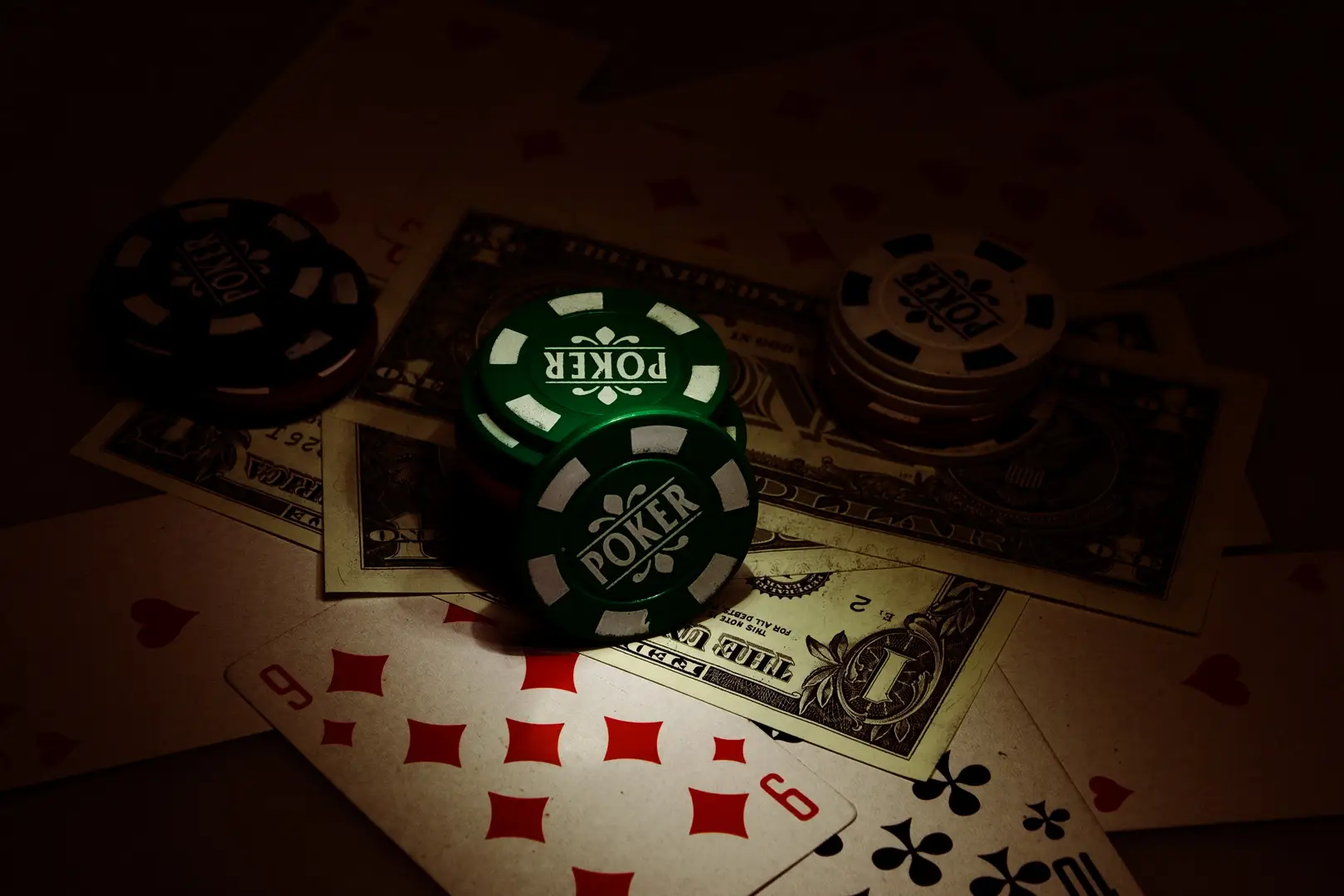
The card game has come a long way from a simple game of chance to a recognised intellectual sport. The history of poker spans many decades and in that time the game has evolved from a cowboy pastime to a contest of wits that requires skill and deep analysis. How poker became an intellectual sport …
Board games are not just entertainment, but a whole world of exciting strategies, tactics and competition. Whether it's card battles or exciting adventures on the playing field, here you will find new facets of sporting interest and excitement.
Card games are not just fun, but a whole world of possibilities! They develop logical thinking, strategic planning, and even social skills. Join our blog where we share our passion for card and board games. Together we'll open new horizons of gaming excellence!
Participation in tournaments on board and card games is a great opportunity to show your skills, meet like-minded people and get unforgettable emotions. Our blog will help you discover new facets of sporting interest in these exciting games!
Monopoly is an iconic board game with a history spanning more than 80 years. It became popular due to its excitement and the opportunity to show strategic thinking. Today, board and card games are becoming increasingly popular among gamers.
The card game "Fool" has a rich history going back to the distant past. Today it is attracting more and more sporting interest among fans of board and card games. Join the fascinating world of game strategies!
Jenga is a fascinating board game that originated in Africa and has won the hearts of intellectual entertainment lovers around the world. Join our blog where we share our passion for card and board games!

I love this blog! It has opened up a whole world of board and card games for me. Now I look forward to every new publication. Thanks for the inspiration!

★★★★★
Board games are not just a pastime, but a whole world full of strategy, competition and excitement. I am passionate about this hobby and am happy to share my experiences and tips with other hobbyists!

★★★★★
As a journalist, I was pleasantly surprised by the fascinating world of card and board games. Their sporting spirit and competitive excitement completely captivated me!

★★★★★